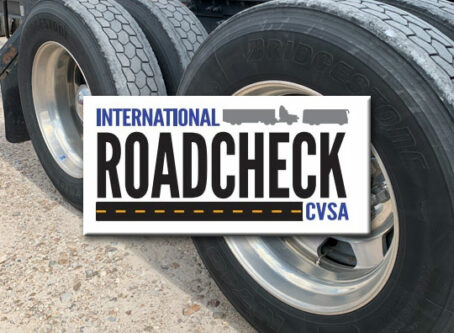Bridge tolls topic of Michigan House bill
A new Michigan bill is intended to protect cash acceptance as payment for tolls. The focus of the bill is the Blue Water Bridge over the St. Clair River.
Rep. Brad Slagh, R-Zeeland, is behind a bill that would require state-owned infrastructure to accept cash for all tolls paid by truck drivers, commuters and others.
The rule would not apply to the Ambassador Bridge. The international span in Detroit that connects the U.S. and Canada is privately owned.
Protecting cash payment option
Slagh’s bill, HB2585, would cover public infrastructure owned, operated or managed by the state of Michigan, the Michigan Department of Transportation or any other state- or local-government entity. Public infrastructure is defined in the bill as highways, bridges or tunnels.
Specifically, the bill states that “payment must not be required to be made using an alternative to cash, including, but not limited to, with a credit card or other electronic payment.”
Slagh said this rule for payments is needed to counter a decision made by the Michigan DOT to do away with cash payments for tolls on the Blue Water Bridge. He added that this payment limitation for the bridge connecting Point Edward, Ontario, and Port Huron, Mich., is inconvenient for truck drivers and motorists and should not be permanent.
“Every cash note states, ‘This note is legal tender for all debts, public and private,’” Slagh said in prepared remarks. “Therefore, our state and local governments should accept it as a payment method.”
His bill is in the House Transportation, Mobility and Infrastructure Committee.
A pandemic-inspired change gains foothold
The Michigan DOT stopped accepting cash payments for tolls from truckers and others at the Blue Water Bridge during the pandemic. Instead, it accepts single-crossing payments only via a credit/debit card or Apple/Google Pay. Pre-paid commercial or commuter accounts also are available through the EDGE pass program, using RFID tags.
The agency announced in recent weeks that payments at the eastbound Blue Water Bridge plaza will remain cashless permanently.
MDOT said cashless operations have benefited tolling operations. The agency touts a reduction in congestion and emissions, as well as increased efficiency since the switch in March 2020.
On Jan. 1, the eastbound bridge plaza also will cease accepting checks, money orders and cashier’s checks, which previously were collected to allow U.S. and foreign account holders the ability to add funds to their pre-paid accounts.
The agency said the recent addition of new tolling software eliminates that need and allows account holders to place a credit or debit card on file.
MDOT encourages truck drivers and motorists to enroll in the EDGE Pass program.
Recent work on span concludes
The westbound span of the Blue Water Bridge from Canada to the United States was closed for maintenance from July 5 until Oct. 3. During the closure, westbound traffic was shifted to the eastbound span.
One lane was designated for westbound travel, and the other two were used for eastbound travel.
More than 590,000 trucks have crossed the border at Port Huron in 2023 alone, according to the most recent data from the Bureau of Transportation Statistics. LL









